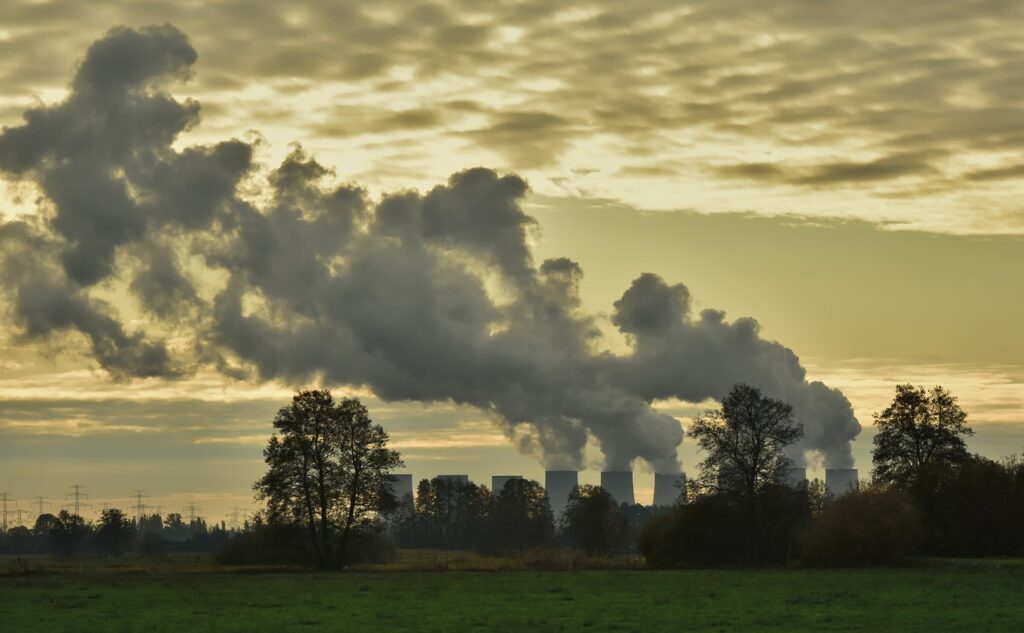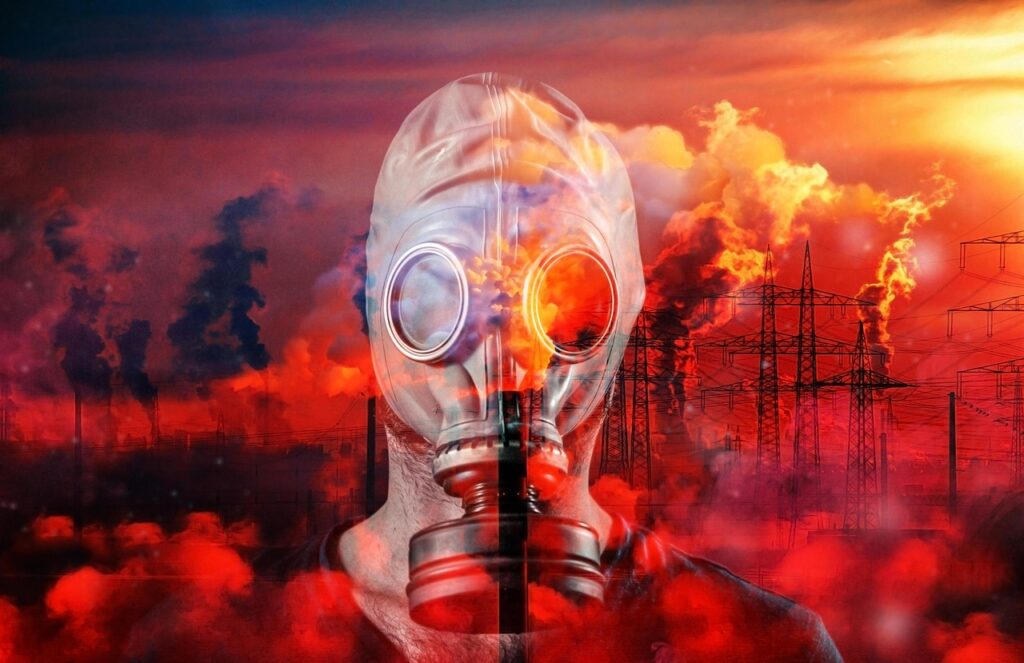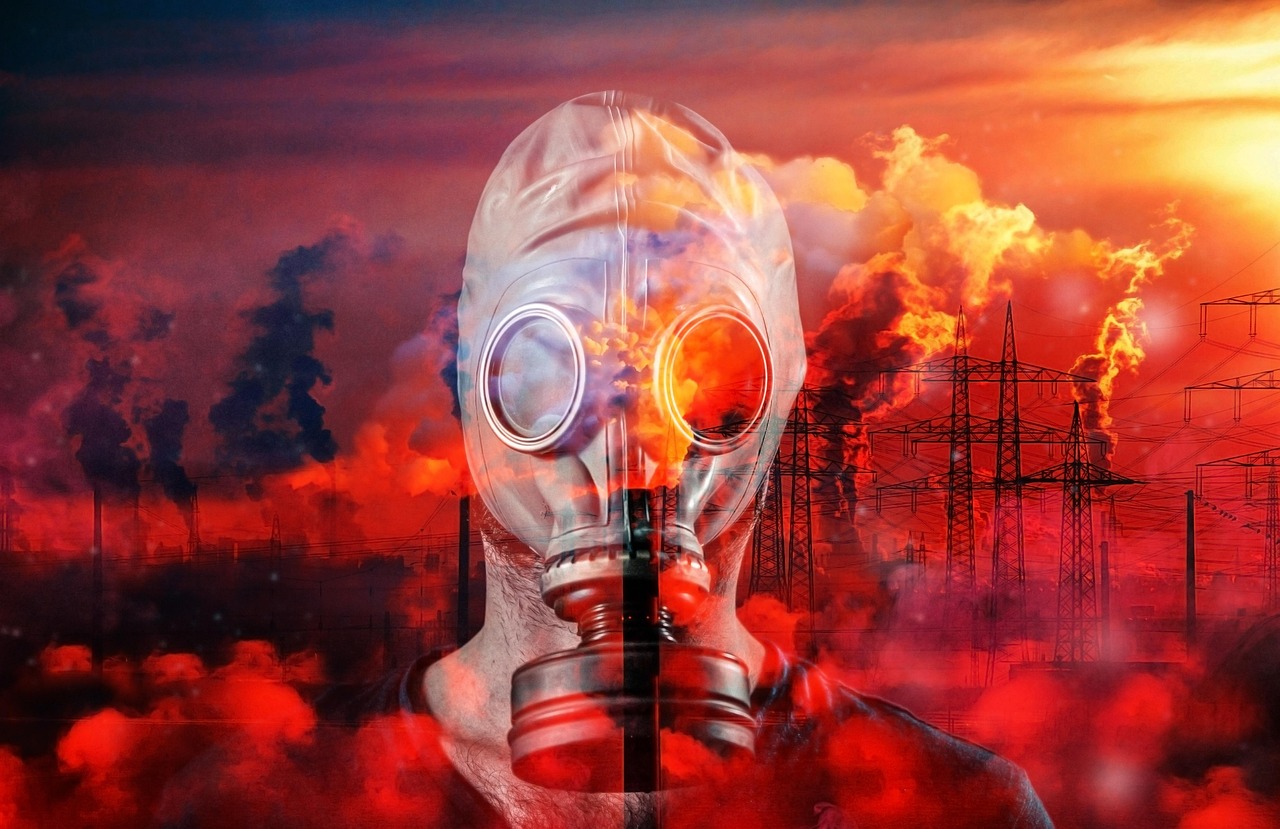Addressing the health impacts of climate change requires comprehensive strategies that encompass mitigation efforts to reduce greenhouse gas emissions, adaptation measures to strengthen public health infrastructure and resilience, and interventions to protect vulnerable populations.
Collaboration among policymakers, healthcare professionals, researchers, and communities is essential to effectively address the complex challenges posed by climate change to human health.
Heat-related Illnesses: Rising temperatures increase the frequency and intensity of heatwaves, leading to a higher risk of heat-related illnesses such as heat exhaustion and heatstroke. Vulnerable populations, including the elderly, children, and individuals with pre-existing health conditions, are particularly susceptible to these heat-related health impacts.
Vector-borne Diseases: Climate change influences the distribution, behavior, and abundance of disease-carrying vectors such as mosquitoes and ticks. Changes in temperature and precipitation patterns create favorable conditions for the spread of vector-borne diseases like malaria, dengue fever, Lyme disease, and Zika virus, posing significant health risks to populations globally.
Air Quality and Respiratory Health: Climate change exacerbates air pollution by increasing ground-level ozone and particulate matter concentrations. Poor air quality contributes to respiratory conditions such as asthma, chronic obstructive pulmonary disease (COPD), and respiratory infections, exacerbating respiratory health issues and increasing the burden on healthcare systems. Because of the dangers associated with poor air quality, it can be worth investing in air quality testing in North Kingstown, RI, or elsewhere more local to you, to determine whether the air inside of your home is satisfactory and will not pose any danger to your or your family’s health.

Food Security and Malnutrition: Climate change impacts agricultural production and food supply chains through changes in temperature, precipitation, and extreme weather events. These disruptions can lead to food shortages, decreased nutritional quality, and malnutrition, particularly among vulnerable populations, resulting in adverse health outcomes such as stunted growth, micronutrient deficiencies, and related health problems.
Mental Health and Well-being: Climate-related disasters, environmental degradation, and the stressors associated with climate change can have profound effects on mental health and well-being. Increased exposure to extreme weather events, displacement, loss of livelihoods, and uncertainty about the future contribute to stress, anxiety, depression, post-traumatic stress disorder (PTSD), and other mental health conditions, highlighting the interconnectedness between climate change and mental health impacts.

5 Ways to Protect yourself from Health Effects due to Climate Change
Stay Informed: Stay informed about local weather forecasts and climate-related health advisories. Understand the potential health risks associated with climate change in your region and take appropriate precautions.
Stay Cool: During heatwaves, stay indoors in air-conditioned spaces if possible. Use fans and cool cloths to lower body temperature. Drink plenty of water to stay hydrated, and avoid strenuous outdoor activities during peak heat hours.
Protect Against Air Pollution: Minimize exposure to outdoor air pollution by staying indoors during periods of poor air quality. Use air purifiers and avoid exercising near busy roads or industrial areas. Consider wearing masks designed to filter out pollutants when outdoor air quality is compromised.

Ensure Food and Water Safety: Ensure the safety of your food and water supply by practicing proper food handling and storage techniques. Drink clean, safe water from reliable sources, and be cautious of potential contamination during extreme weather events or flooding.
Support Climate Action: Advocate for policies and actions that address the root causes of climate change, such as reducing greenhouse gas emissions, transitioning to renewable energy sources, and investing in climate-resilient infrastructure. By supporting collective efforts to mitigate climate change, you contribute to protecting not only your own health but also the health of communities and future generations.
How to Avoid Fever Due to Climate Change
Avoiding fever due to climate change involves taking measures to prevent heat-related illnesses and infections. Here are some strategies to help you avoid fever in the context of climate change:
Stay Hydrated: Drink plenty of water throughout the day, especially during hot weather, to stay hydrated. Avoid excessive consumption of sugary or caffeinated beverages, as they can contribute to dehydration.
Limit Outdoor Activities: Minimize outdoor activities during the hottest parts of the day, typically from late morning to early evening. If you must be outside, take frequent breaks in shaded or cooler areas, and avoid strenuous activities.
Protect Yourself from the Sun: Wear wide-brimmed hats, sunglasses, and sunscreen with a high SPF to protect your skin from the sun’s harmful UV rays. Use umbrellas or seek shade when spending time outdoors.
Be Mindful of Food Safety: During hot weather, be cautious of food spoilage and contamination. Store perishable foods properly, refrigerate leftovers promptly, and avoid consuming food that has been sitting out in high temperatures for an extended period.

Prevent Infections: Take precautions to prevent infections that can lead to fever. Practice good hand hygiene by washing your hands frequently with soap and water, especially before eating or touching your face. Avoid close contact with individuals who are sick, and cover your mouth and nose when coughing or sneezing.
Monitor Your Health: Be aware of the signs and symptoms of heat-related illnesses, such as heat exhaustion and heatstroke, which can include fever, excessive sweating, nausea, dizziness, and confusion. Seek medical attention if you experience severe symptoms or if you suspect heat-related illness.
Summary
By implementing these preventive measures, you can reduce your risk of developing fever and other heat-related health problems associated with climate change. It’s essential to prioritize your health and take proactive steps to stay safe during periods of extreme heat and changing climate conditions.
Also know how to heal all reproduction diseases naturally.


Thanks for sharing. I read many of your blog posts, cool, your blog is very good.
I do agree with all the ideas you have introduced on your post They are very convincing and will definitely work Still the posts are very short for newbies May just you please prolong them a little from subsequent time Thank you for the post